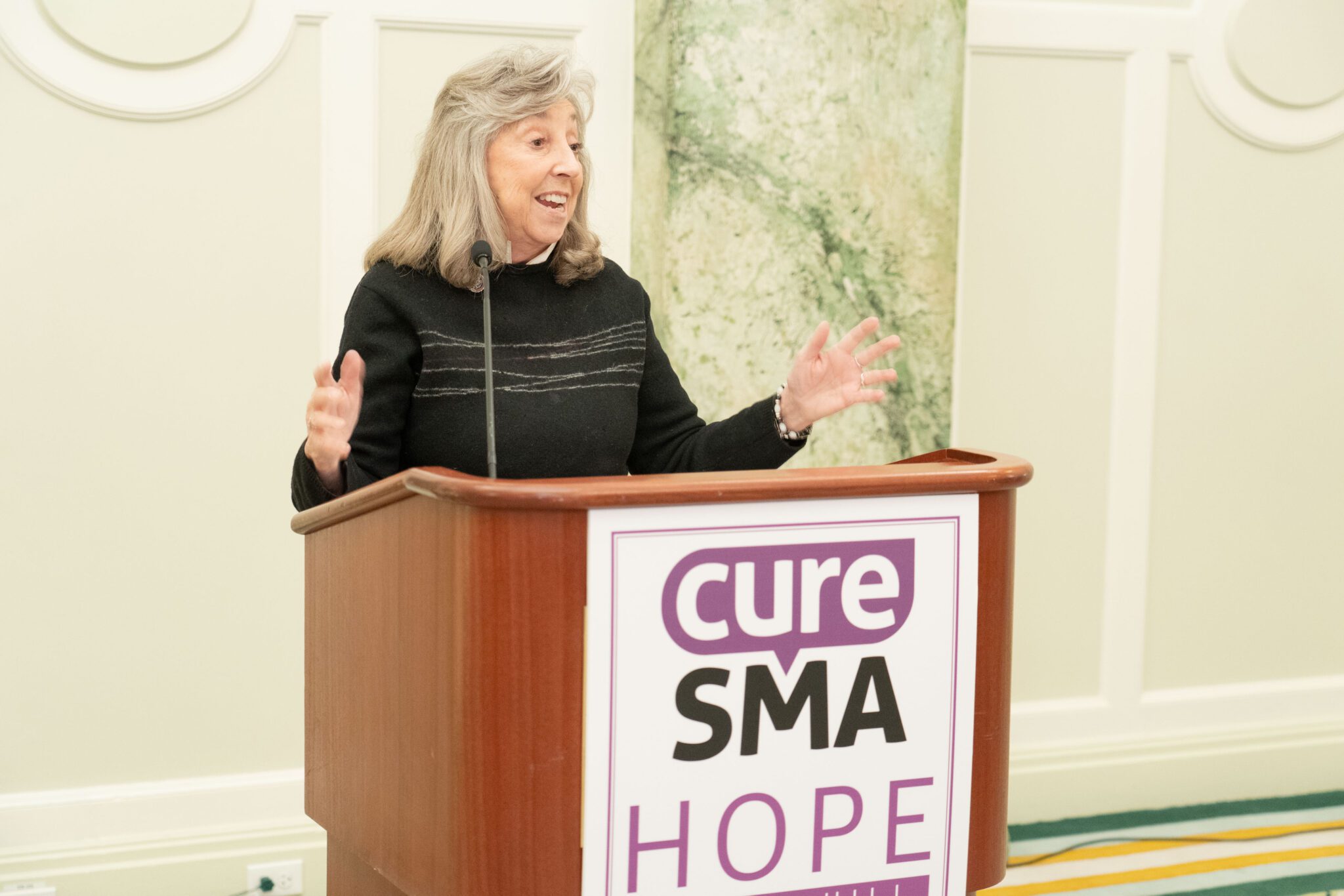Bequests
Scroll down to learn more...
Quick Links
What is a Charitable Bequest?
A bequest is a provision in a donor's will or trust that designates a specific asset, portion of the estate, or percentage of the estate to be gifted to Cure SMA upon the donor's death.
- A bequest is a planned gift made through a donor's will or trust, allowing them to support Cure SMA after their passing.
- The donor specifies in their will or trust the assets or portion of their estate they wish to leave to Cure SMA.
- Bequests can take various forms, including specific bequests (designating a particular asset), residual bequests (assigning a percentage of the remainder of the estate after other distributions), or contingent bequests (conditional upon certain events, such as the passing of other beneficiaries).
- Bequests provide donors with the flexibility to adjust their charitable giving intentions over time while ensuring their philanthropic legacy continues beyond their lifetime.

Benefits from a Charitable Bequest:
- Estate tax deduction: Bequests to Cure SMA are typically deductible from the donor's taxable estate, potentially reducing estate taxes.
- Retention of assets during life: Donors retain ownership and control of their assets during their lifetime, ensuring financial security while still providing for charitable causes in their estate plans.
- Legacy preservation: Bequests allow donors to leave a lasting impact on Cure SMA and the causes they support, ensuring their values and priorities continue to be honored.
- Simplified estate planning: Including charitable bequests in a will or trust can simplify estate planning by clearly outlining the donor's wishes and ensuring their assets are distributed according to their intentions.
How your donation will benefit the SMA community
- Basic research to pave the way for new SMA muscle treatments and a cure
- SMA advocacy initiatives like caregiving access and transportation
- Improving standardized care for every person with SMA
“If it weren't for Cure SMA, we might not have the treatments in place that have helped my daughter to thrive while living with SMA. I'll forever be grateful and do what I can to support Cure SMA."
How a Charitable Bequest Works
A donor includes provisions in their will or trust specifying the assets or portion of their estate they wish to leave to one or more nonprofits upon their death. The donor's estate executor or trustee is responsible for carrying out these instructions, ensuring that the designated charitable beneficiaries receive their bequests. Bequests can be structured in various ways, such as specific bequests (for particular assets), residual bequests (a percentage of the remaining estate after other distributions), or contingent bequests (conditional upon certain events).
Contact Us
If you have any questions, would like further information, or want help making your contribution, then please contact us at [email protected] to get started.
Legacy giving typically takes many conversations and is not a fit for everyone. Conversations with Cure SMA about planned giving should be considered general in nature and intended to be used for informational purposes only. It should not be relied upon as legal, tax, accounting, or other professional advice. To determine how a gift or estate planning decision might affect your circumstances, it is expressly recommended that you consult an attorney, financial advisor, or other qualified professional.


